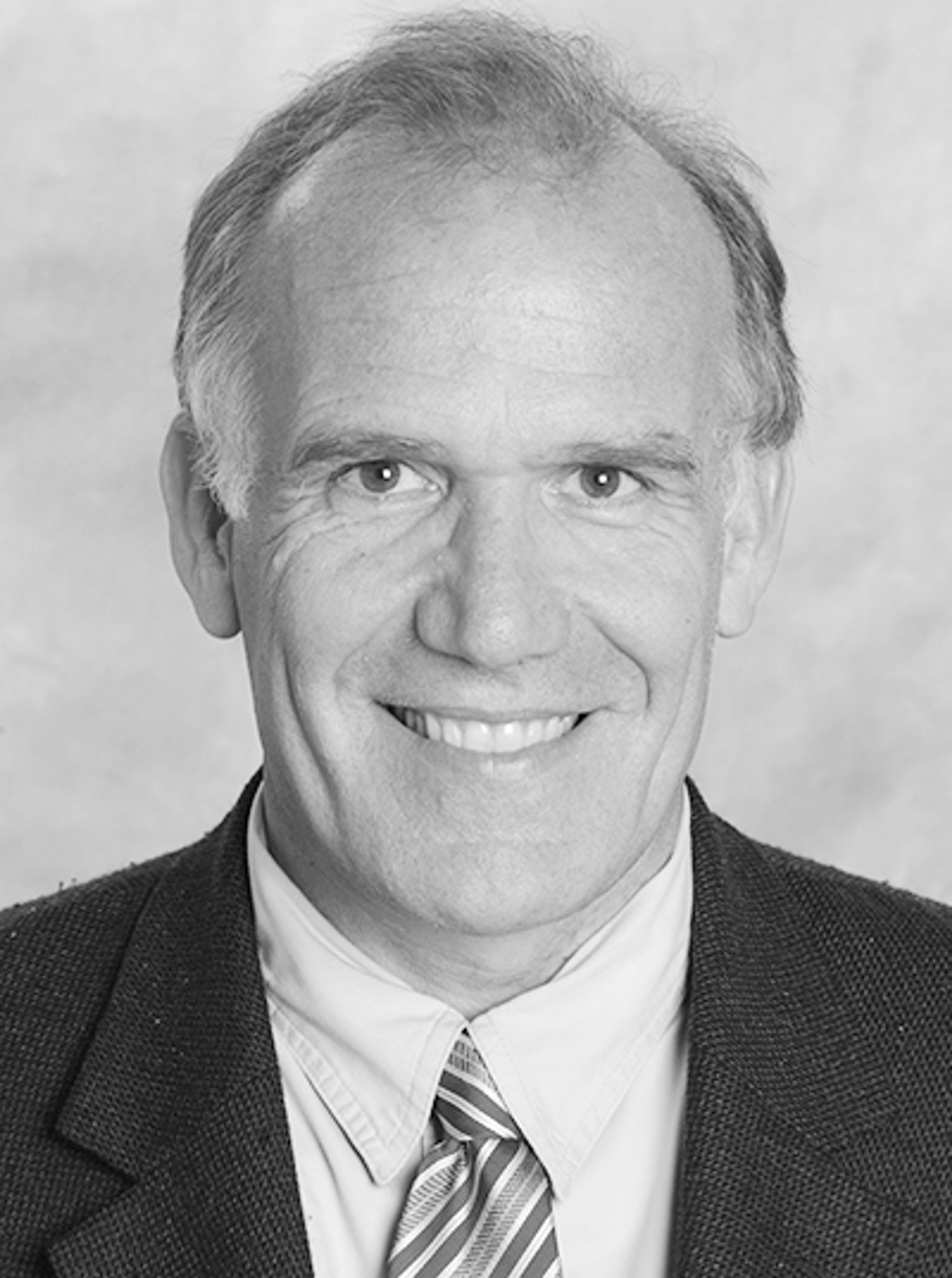Parker: To get rid of woke, understand how it got started
As corporations shift away from DEI initiatives, Star Parker argues that understanding the origins of the "woke" movement is key. She explores the political and cultural forces driving this change.
Coincident with Donald Trump's electoral victory, increasing numbers of America's corporations are backing off their DEI – diversity, equity, inclusion – programs.
Trump opposition to DEI is clear, and J.D. Vance's bold opposition to this agenda was one of the reasons for his selection as Trump's running mate.
As the Trump transition team completes its work bringing in the new leadership that will run our government, it's clear that a priority is to uproot the woke rules, directives and institutions that Democrats have implanted in our federal government. Efforts will be made to de-woke the military, the Defense Department and other major government departments and agencies. And the Justice Department will work to use existing law to challenge the prevalence of woke rules that have so widely taken over the governance and operation of our universities.
Walmart, one of America's largest companies, has just announced that it will end the Center for Racial Equity that it launched in 2020 with funding of $100 million. The website of this center describes its mission as working to "foster equitable outcomes for people ... (and) to address the root causes of gaps in outcomes experienced by Black and African American people in education, health, finance and criminal justice systems."
Walmart also, according to The Wall Street Journal, will "stop allowing third-party sellers to offer some LGBTQ-themed items on Walmart.com."
Boeing corporation, per the same report, has also announced a similar winding down of these efforts.
Whereas we can understand how a political agenda can find its way into government institutions, how does this happen in the private sector?
What motivated these corporations that operate in a free marketplace and are owned and controlled by private stockholders to incorporate a political agenda into their business and operating practices, and what is motivating them now to back off these programs?
Has management of these corporations changed their minds regarding the business efficacy of these programs? Or did they put them in place initially to curry favor with a political regime once in power and now they are backing off to curry favor with a new regime?
Let's recall, again, how profoundly our culture has changed.
If there was a defining moment in the Civil Rights Movement, it was Dr. Martin Luther King Jr.'s "I Have a Dream" speech in August 1963. And if there was a defining line in that speech, it was King's declaration that "I have a dream that one day my four little children will live in a nation where they will not be judged by the color of their skin but by the content of their character."
The Civil Rights Movement was, in the grand scheme of things, about right and wrong. About good and evil. The movement succeeded because it was rooted in these truths. As King argued in 1963, the problem was not our Constitution but its implementation by human beings who permitted evil to find its way into our culture.
Unfortunately, rather than following through with the true biblical spirit of the Civil Rights Movement, the nation took the path of politics to implement justice, making our country less free, rather than turning to King's appeal to the Bible to improve our freedom, in the spirit in which the Constitution was written.
We might consider that moment, when politics took over, the birth of today's woke movement.
The result has been a vast politicization of our country and our culture.
My hope is we learn and don't trade one political regime for another.
Yes, we need to go back to a culture of free markets and merit.
But it all starts with the choices free individuals make, and those choices must start with a conviction of good and evil as defined by the Bible that King had in mind when he spoke that day in Washington in August 1963.
Star Parker is president of the Center for Urban Renewal and Education.
Connect with the Southeast Missourian Newsroom:
For corrections to this story or other insights for the editor, click here. To submit a letter to the editor, click here. To learn about the Southeast Missourian’s AI Policy, click here.










